Give a Gift For People’s
In short, People give gifts as a way of showing thoughtfulness, love and affection. When we give gifts, it brings joy or pleasure.
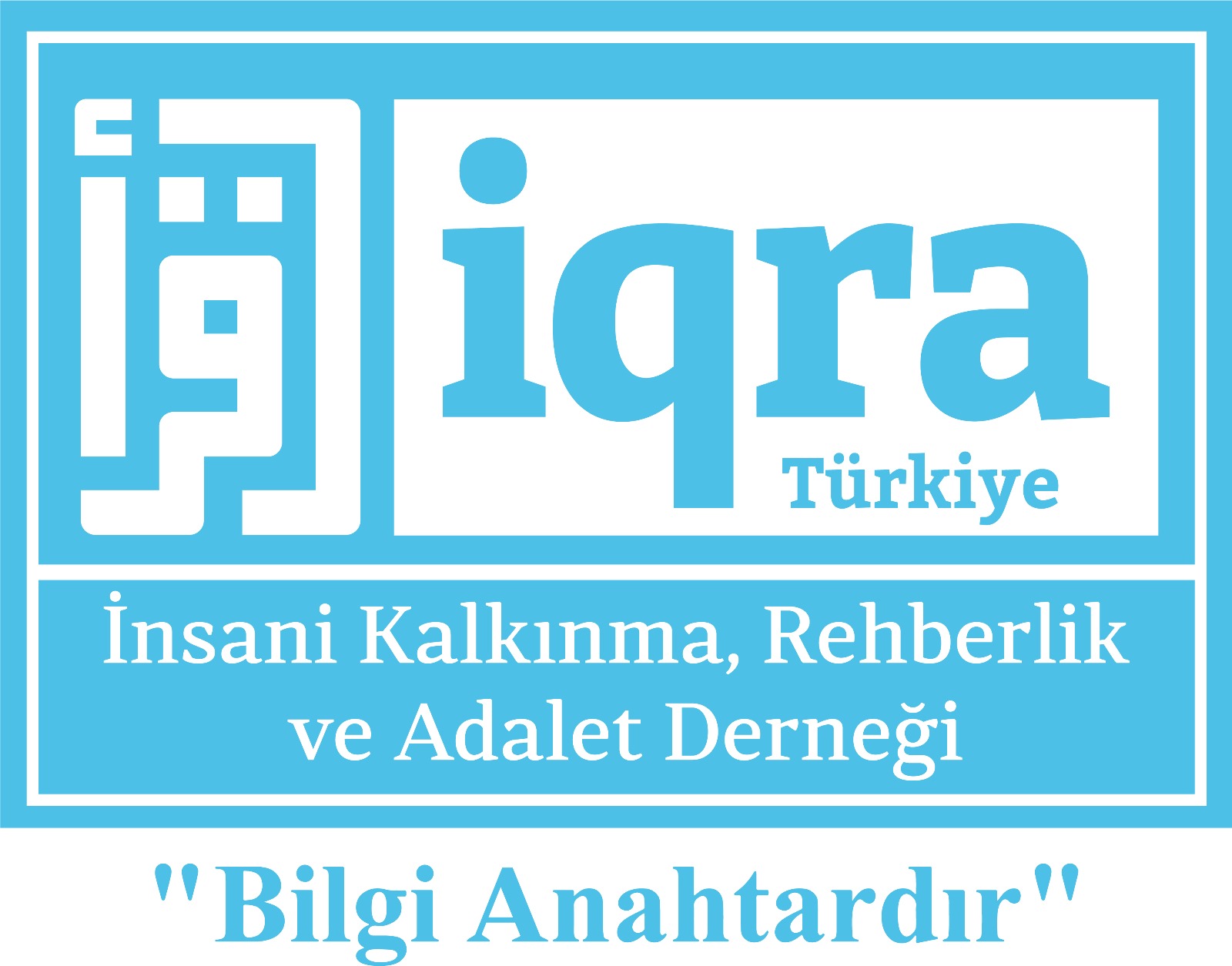
Türkiye Şubesi : Ali Kuşcu Mahallesi, Kıztaşı Cad. No:51, 34083 Fatih / İstanbul
Mail Us On
Call Us
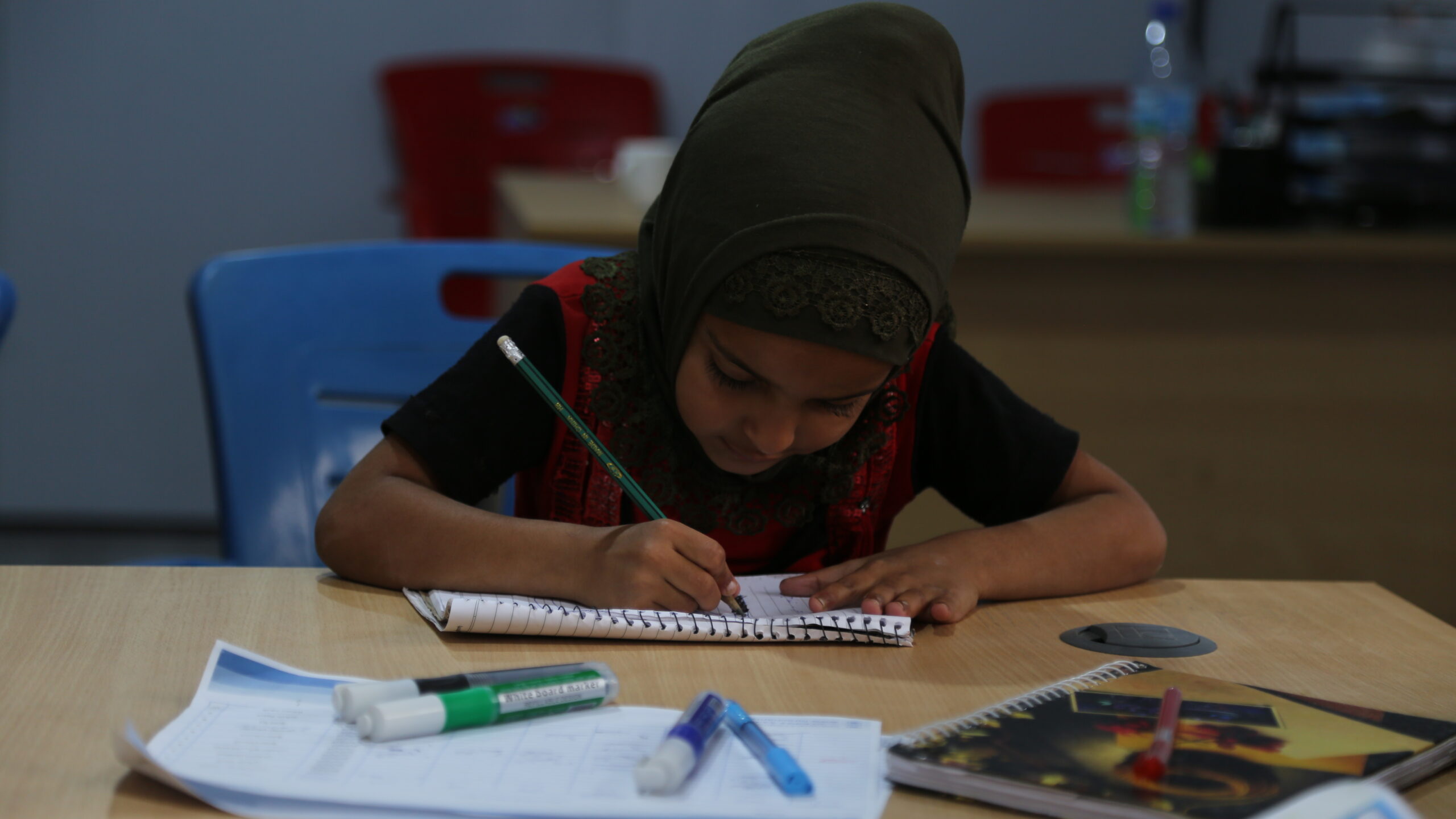
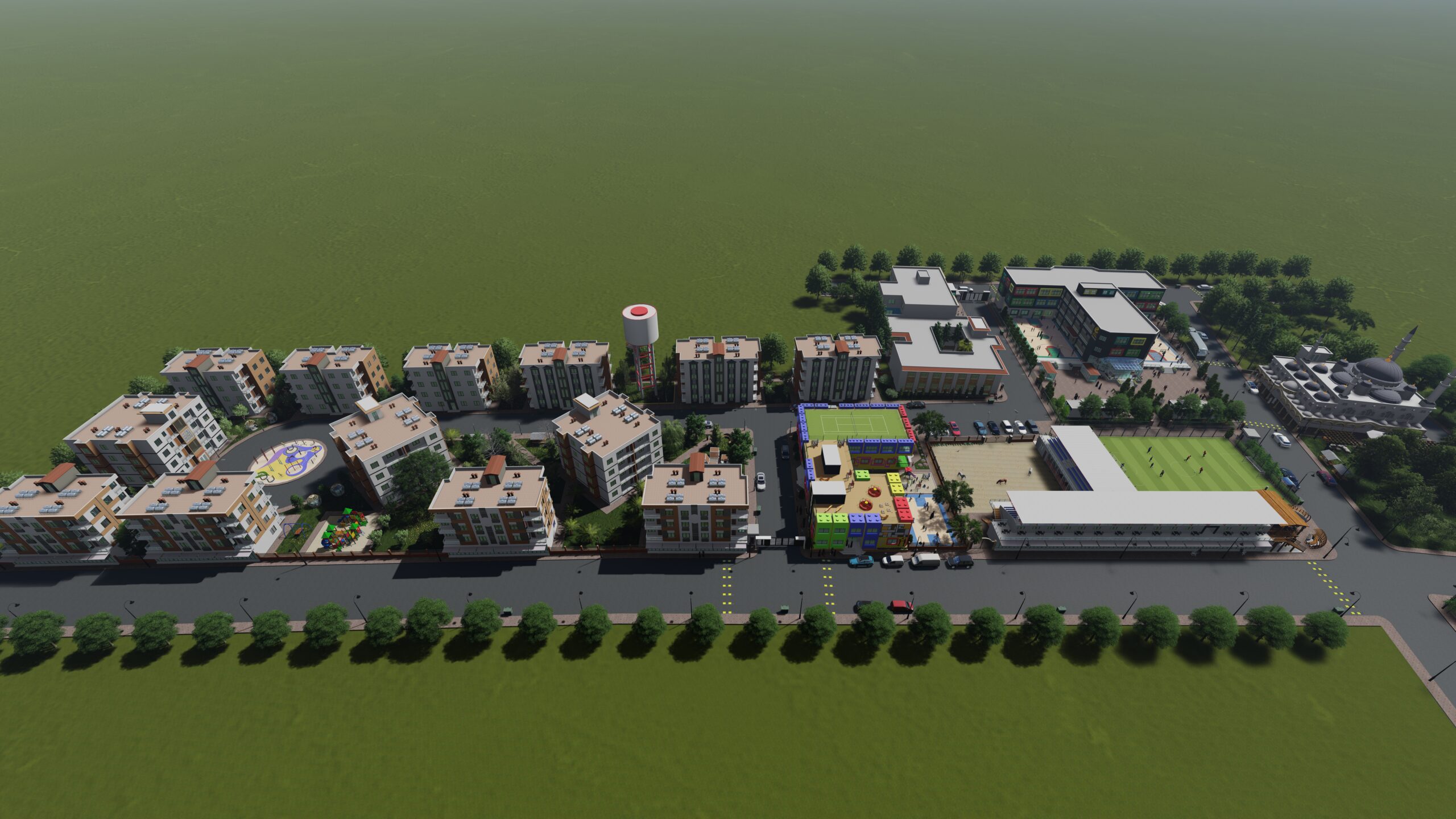
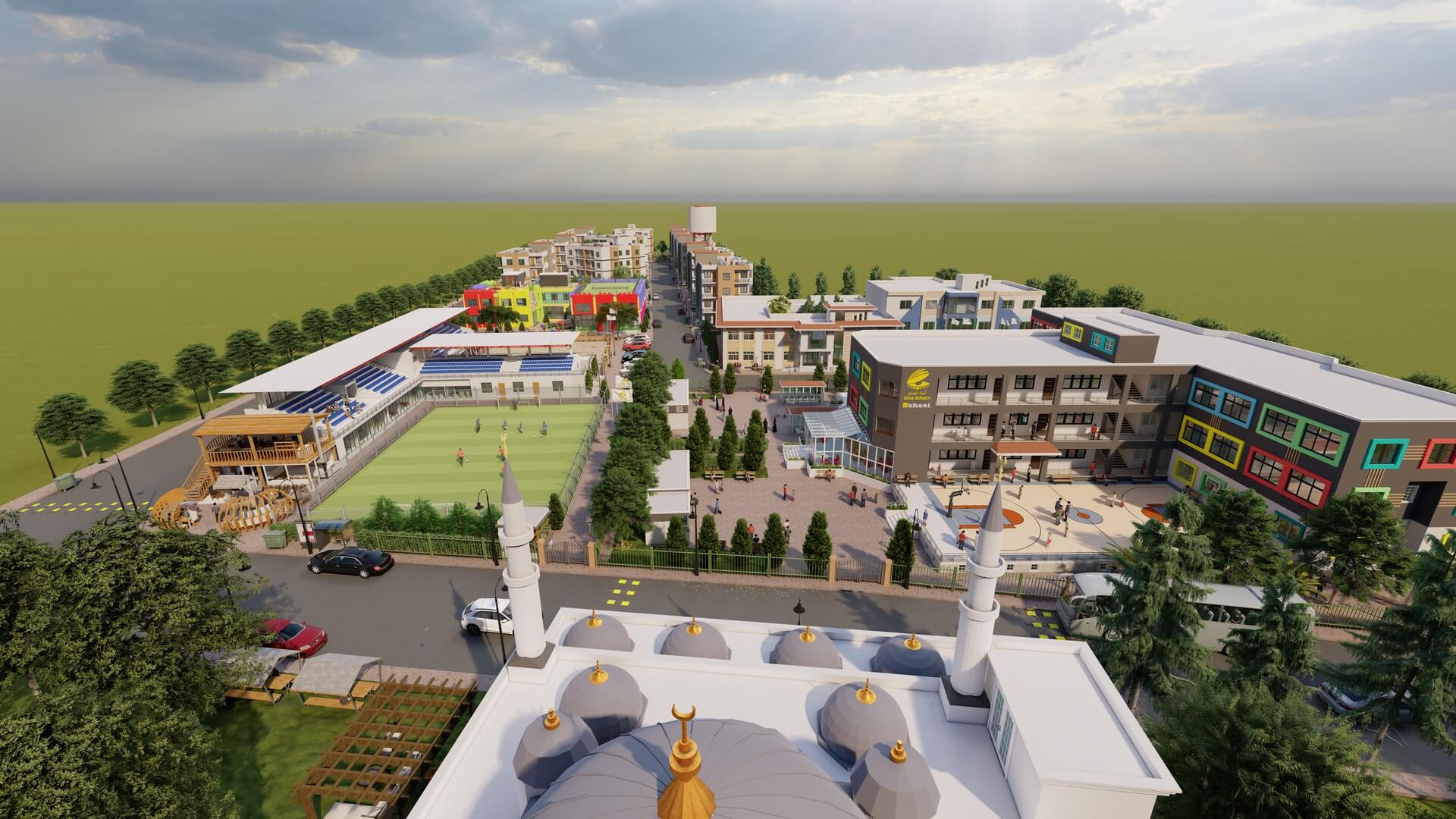
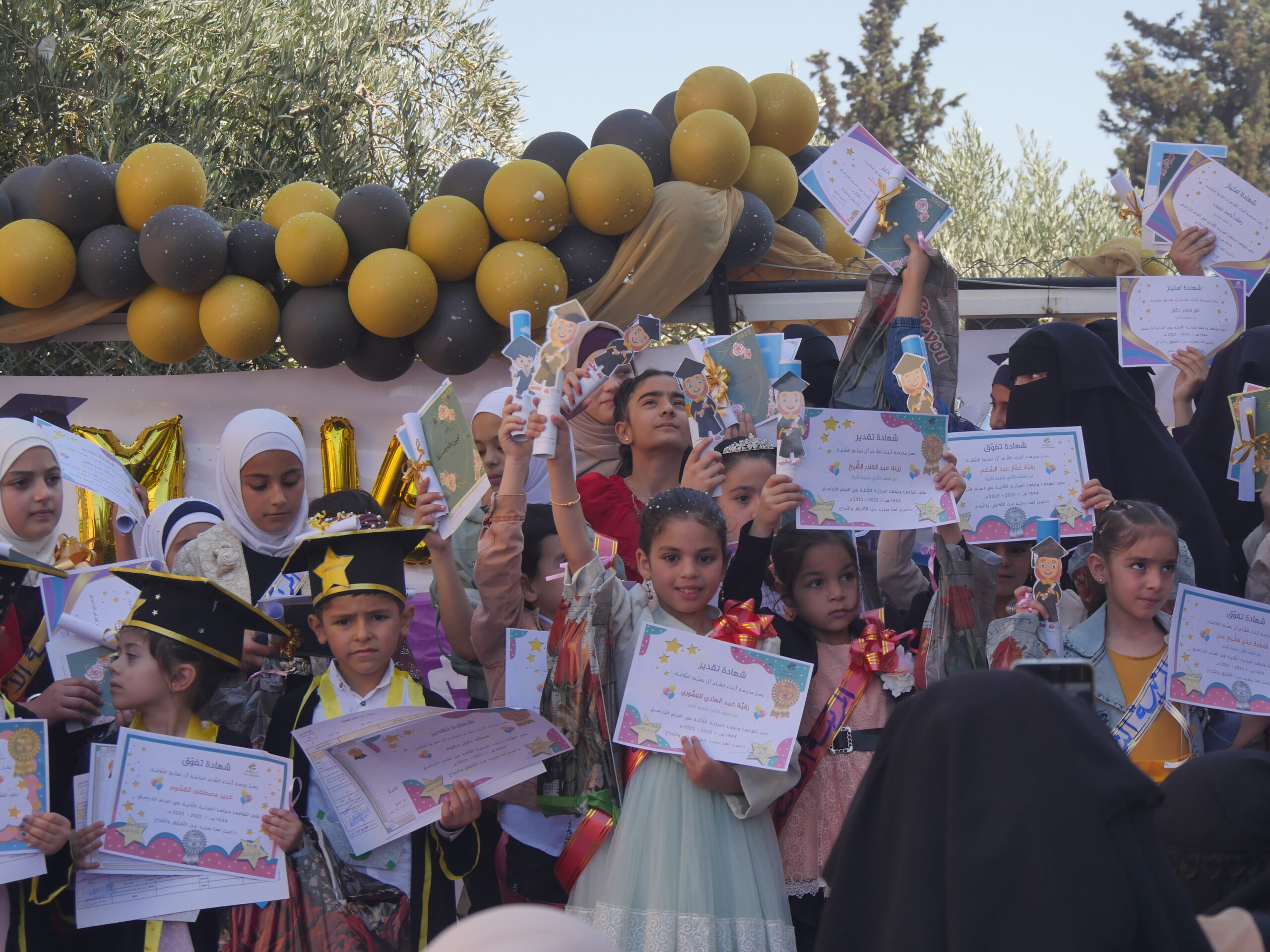
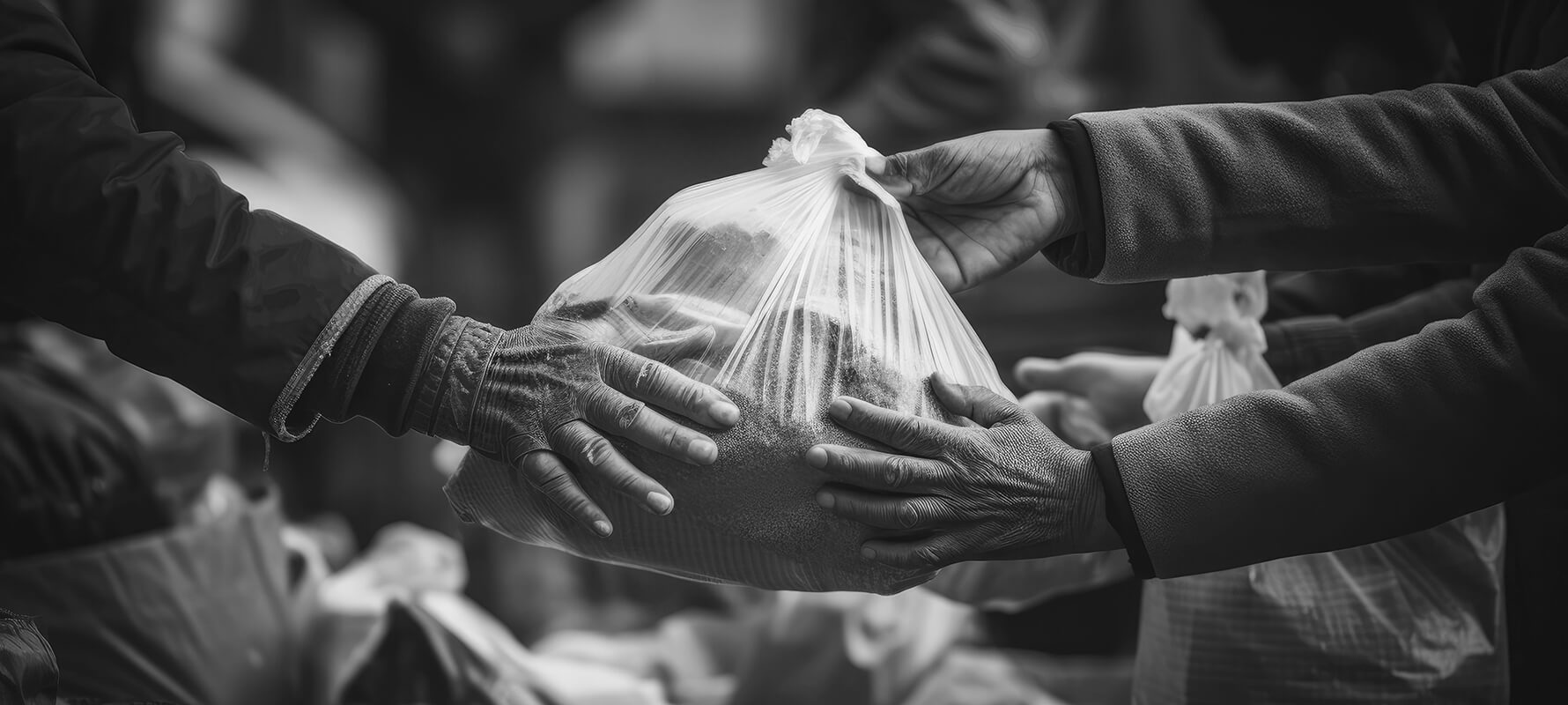
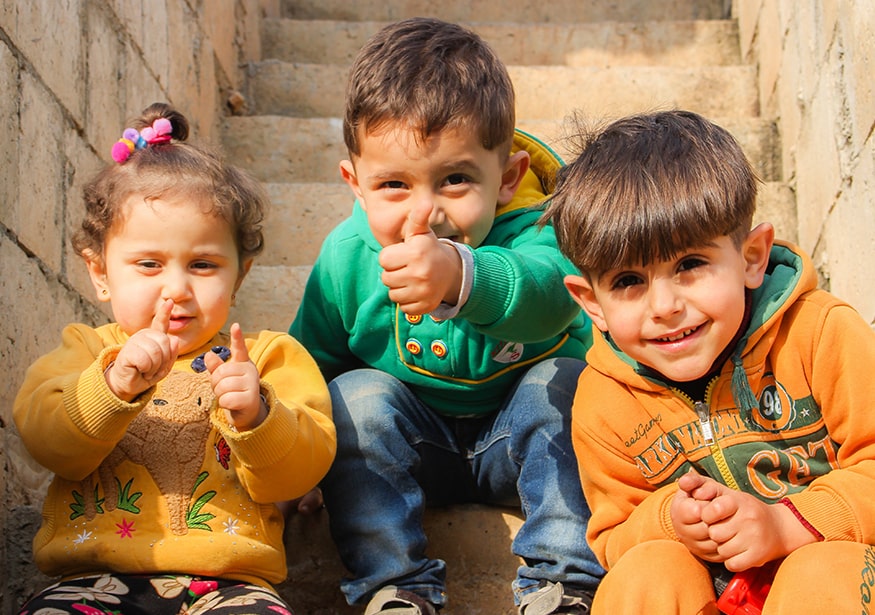
Oring Zib Equestrian Club
Introduction:
Horses, with their manes bound to goodness, are the companions of warriors and men in both peace and war. They traversed lands during the Islamic conquests, their neighs echoing like modern artillery. Horses symbolize strength, beauty, and nobility, and their presence represents power and grandeur. Associated with victorious battles, horses have continued to receive care, with efforts to maintain quality breeding lines.
Arabs are known as the people of horses and equestrianism, and the most beautiful of horses are the purebred Arabian horses. These swift and strong horses have historically played a pivotal role in shaping events, instilling awe and strength. At our club, we hold a deep bond with horses, offering training in horseback riding, spear throwing, and swordsmanship. We aim to cultivate skilled horsemen, promoting care for these majestic animals and preserving their noble bloodlines.
The Arabs view horses as a sign of prosperity, and their presence is a mark of nobility and belonging to deep-rooted Arab traditions. Owning horses reflects dignity, strength, and high status. To maintain their health and longevity, we ensure their stables are well-built, their food and care are optimal, and their overall well-being is attended to.
Thus, Oring Zib Equestrian Club is committed to reviving heritage, connecting children, especially orphans, with horses to foster a sense of tradition and history.
Club Overview:
Oring Zib Equestrian Club was established in 2021, supported by Iqra Educational Foundation, with the aim of providing recreational and educational activities for orphaned and student beneficiaries of the foundation. Over the years, the club has evolved, growing in terms of staff, training capabilities, and the number of skilled riders.
Currently, the club is home to 9 horses:
1. Shaheen – Used for private riding and beauty exhibitions.
2. Sabir Hadi – Used for private riding and beauty exhibitions.
3. Sultan– Used for training and general riding.
4. Barq Al-Layl– Used for private riding.
5. Layla – Used for breeding, training, and general riding.
6. Reem– Used for breeding, training, and general riding.
7. Zina – Used for breeding, training, and general riding.
8. Sakb – Used for private riding.
9. Dhahab – Used for training and general riding.
In addition to these horses, the club also houses 4 foals of varying ages.
Training Teams:
Oring Zib Club hosts several training groups each week:
1. Ashbal Al-Sakina 1 – 8 students (two sessions weekly)
2. Ashbal Al-Sakina 2– 8 students (two sessions weekly)
3. Ashbal Yusuf– 12 students
4. Hafidh Team – 7 students
5. Male Orphan Team – 12 students
6. Female Orphan Team – 12 students
7. Yusuf Mosque Circles – 15 students
This brings the total number of students attending sessions each week to approximately 75.
Recreational Activities:
The club regularly hosts recreational activities, welcoming students from within and outside the foundation. These activities include entertainment and educational sessions about horses. Additionally, the club collaborates with institutions to support the development of children with autism, allowing them to build positive relationships with horses, which aids in their therapeutic treatment.
Our Vision:
Oring Zib is one of the distinguished equestrian clubs in northern Syria, thanks to Allah’s grace, a dedicated team, and a clear plan of action. We aim to become the leading equestrian club in northern Syria, excelling in horseback riding, training, and entertainment. We are determined to train numerous equestrian teams, preparing them for festivals, displays, and competitions.
Our Goals:
1. Train youth, men, women, and children in horseback riding.
2. Promote the beauty and significance of horses.
3. Assist in the treatment of various psychological conditions, including autism, isolation, anxiety, and fear within different community groups.
4. Help displaced individuals, particularly children, overcome psychological challenges such as depression, isolation, and anxiety caused by displacement and conflict.
5. Graduate three teams of skilled horse riders, each consisting of 8 members, annually, with specialized training in equestrianism.
6. Provide recreational activities for school and educational institution students.
Share This:
Related Portfolios
Education
Al-Jawz Village
Al-Jawz Village
Education, Kids Care
Education, Kids Care
Education, Kids Care
Kids Care
Education, Kids Care
Kids Care
Education, Kids Care